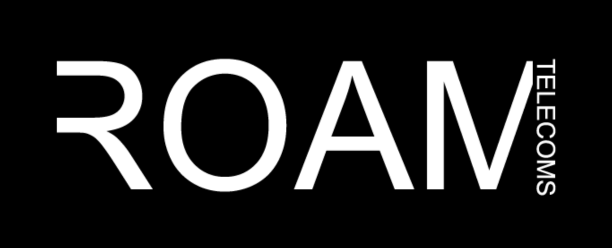Speaking to the TechGraph editorial team, Interface Ventures’ Co-founder, Karan Desai said, “We believe that interesting investment opportunities emerge in slightly more challenging times.”
Read the complete experts:
TechGraph: Could you help give a sense of how far Interface Ventures has come since its existence? From when it began to where it is now?
Karan Desai: Interface Ventures has evolved considerably since the platform was launched full throttle in the first quarter of FY 23. It is now considered one of the go-to partners for a large ticket, structured debt solutions in the larger lending ecosystem, and prides itself on the top-quality client partners that it works with.
Interface Ventures is the Promoter shareholder of a fintech company that owns 3 retail lending/investment and savings-related assets which will launch commercially in Q1 of FY 24.
The company believes that these platforms will create exponential shareholder value given the very strong distribution network that Interface has in the financial services space.
TechGraph: What’s the investment philosophy that you follow at Interface Ventures?
Karan Desai: We follow a straightforward and transparent investment philosophy at Interface Ventures. We invest primarily in financial services platforms where we either have full operational control or hold a minority position.
Our focus is to invest in businesses that we understand the Promoters and can control the operational aspects of, which allows us to monitor the business’s growth.
We believe in creating value by leveraging our deep relationships in the financial services space to increase distribution and reduce customer acquisition costs. Our focus is on building sustainable businesses and creating long-term value rather than short-term profits.
TechGraph: What is Interface Ventures’ fund approach to the current market? Are you looking at new markets or using more stringent norms to evaluate a business?
Karan Desai: From an investment standpoint, we will double down on all the investment calls that we have already taken deploying more capital to scale them up faster. New opportunities will be considered opportunistically, only if they are directly synergistic with our existing bets.
TechGraph: What does the deal-making environment look like amid looming recession fears?
Karan Desai: We believe that interesting investment opportunities emerge in slightly more challenging times. Valuations tend to get more real, and people appreciate capital, backed by a strong support ecosystem a lot more.
There is likely to be consolidation across sectors with smaller players that don’t have adequate capital support being acquired opportunistically by their larger peers.
TechGraph: How are you handling the fund’s existing portfolio and responding to challenges faced by start-up founders?
Karan Desai: We honestly don’t see any challenges in any of our existing investments given that all the investments have been made with a clear philosophy of bootstrapping the platforms until they attain organic profitability and sustenance.
We invest in platforms that address very specific use cases and each of them has a partner-driven distribution model that will help us manage and control our CAC – the make or break for any start-up.
TechGraph: What is your view on the Indian start-up ecosystem?
Karan Desai: The Indian start-up ecosystem is more vibrant than ever now but like any young phenomenon, it now has to mature and reassess what its main priorities should be. We have emerged from a period where relatively easier international capital chased and funded hyper-growth for many tech startups in India.
With the recent tightening of liquidity, poor performance of tech IPOs, and multiple start-up failures, every start-up founder must go back to the drawing board, and the basics of business to build long-term businesses that can generate enough revenue to cover costs and ultimately deliver profit and return to shareholders.
TechGraph: How do you see the recent layoffs made by startups across the sector?
Karan Desai: It is a matter of concern in the start-up ecosystem. We hope there could be another way to handle this but it is a direct outcome of the easy money phenomenon that we saw in the startup ecosystem for the last 2-3 years.
Some start-ups prioritize valuation and hyper-growth over perfecting their business model, leading to overstaffing and overspending. However, I would like to note that not all start-ups are like that, and many founders prioritize the well-being and growth of their employees.
It is also important to understand that running a start-up can be a challenging and unpredictable journey, and founders often have to make tough decisions to ensure the survival and success of their business.
TechGraph: How do you see the angel & pre-stage investment scenario in the country over the next two-three years?
Karan Desai: India is a good story and there will always be investment interest in interesting businesses across their entire lifecycle. What is probably likely to be different in FY 2024 in particular is that investors will be a lot more discerning about where they put their capital, with more preference for profit-generating businesses or early-stage businesses that have a clear path to break even and a sustainable market advantage.






